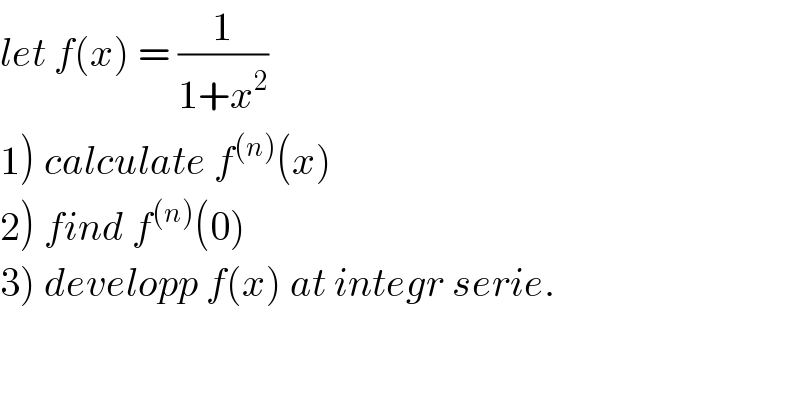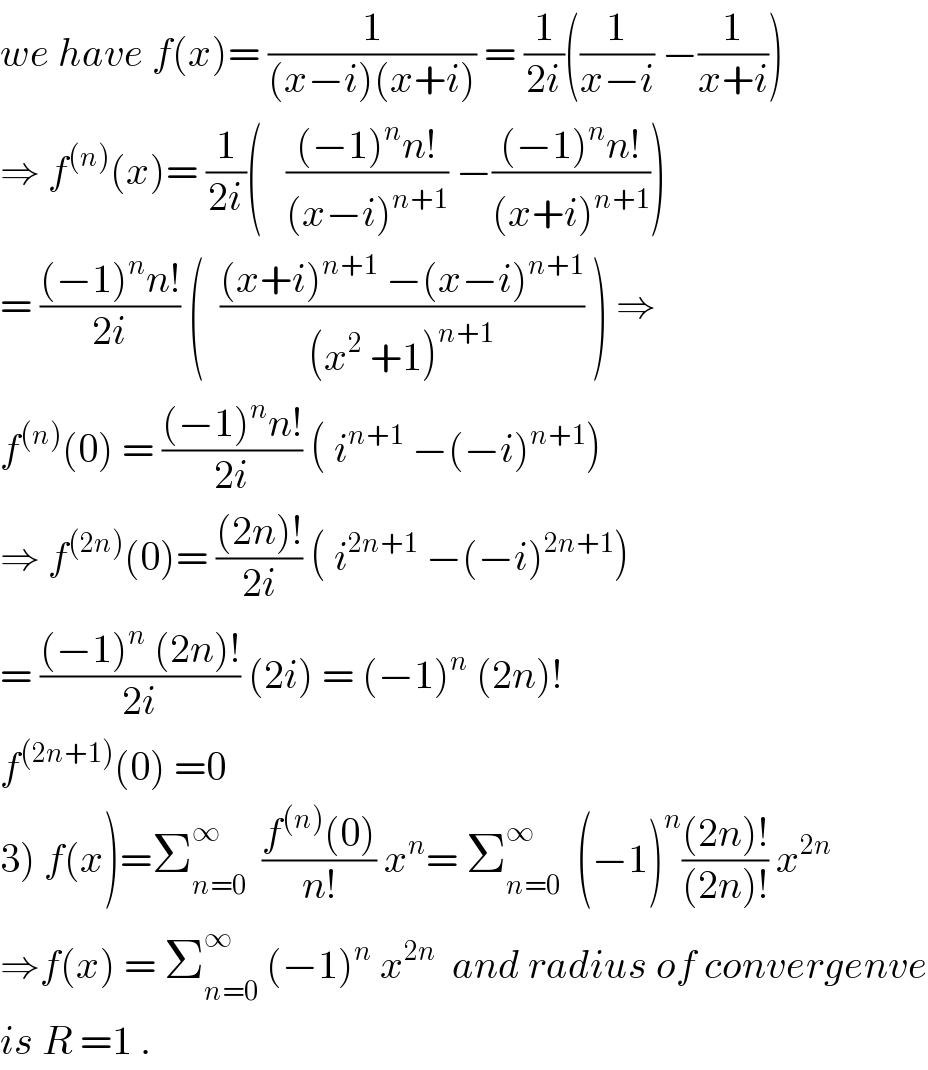
Question and Answers Forum
Previous in Relation and Functions Next in Relation and Functions
Question Number 33256 by prof Abdo imad last updated on 14/Apr/18

Commented by prof Abdo imad last updated on 15/Apr/18

| ||
Question and Answers Forum | ||
Previous in Relation and Functions Next in Relation and Functions | ||
Question Number 33256 by prof Abdo imad last updated on 14/Apr/18 | ||
 | ||
Commented by prof Abdo imad last updated on 15/Apr/18 | ||
 | ||